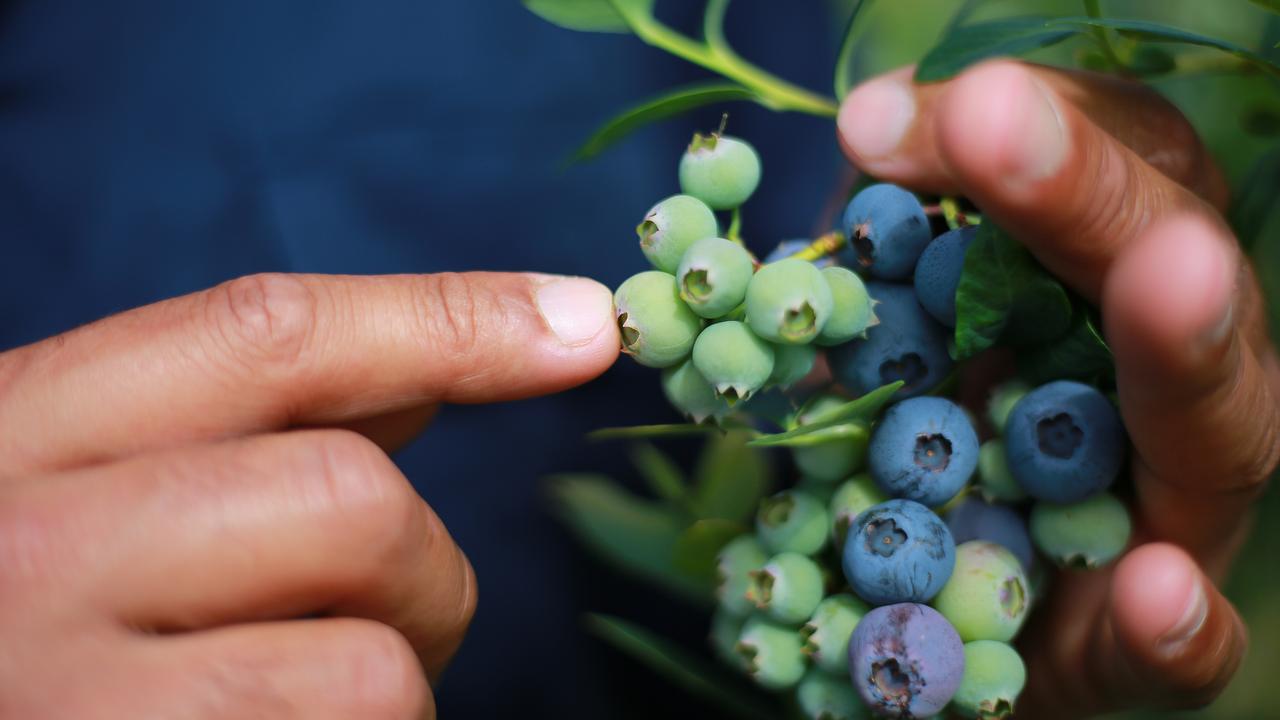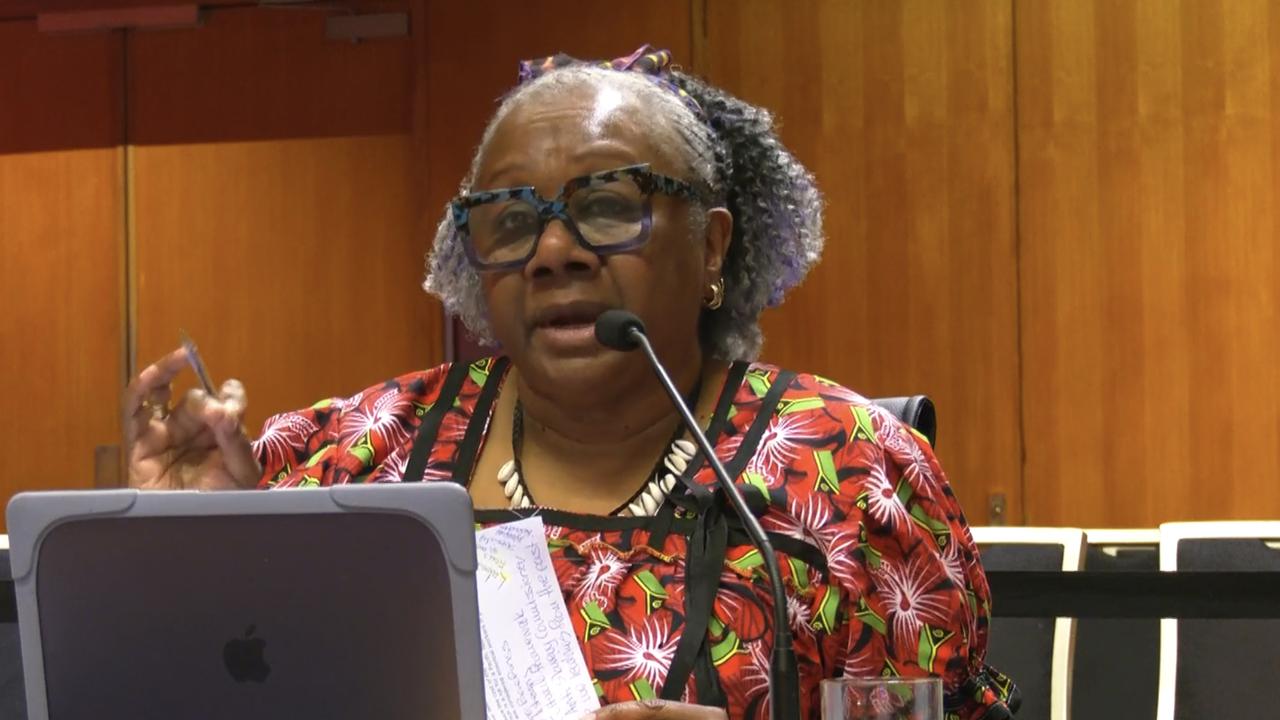
Migrants brought to Australia to work in agriculture have died of dehydration, after being poorly prepared for the climate and labour conditions, an inquiry has been told.
There have been 36 deaths among Pacific Australia Labour Mobility (PALM) workers from Vanuatu since 2020, Australian South Sea Islanders chair Emelda Davis said.
"People are dying from dehydration," Ms Davis told a NSW parliamentary inquiry examining the risks of modern slavery faced by migrant workers in rural areas on Friday.
"They don't comprehend you need to ... work in these conditions and have regular drinking water."
The inquiry has previously been told of the drowning death of seasonal worker Moken Maltungtung, from Vanuatu, on a northern NSW farm in early 2024.
The deaths of Tuota Kirition, from Kiribati, and Argen Kuni, from the Solomon Islands, have also been highlighted at the inquiry, which has been examining conditions under the PALM scheme.
Ms Kirition died at a meat processing plant near Wagga Wagga in March, while Mr Kuni was killed in a suspected hit-and-run while walking to work in Griffith early one morning in April.

There were more than 30,000 PALM workers in Australia in July, including 6080 from Vanuatu, under the scheme which allows eligible businesses to hire from nine Pacific islands and Timor-Leste to fill labour gaps.
Ms Davis said the deaths of workers from Vanuatu demonstrated the need for changes to the PALM scheme visa.
Several witnesses have told the inquiry PALM participants' inability to change employers under their visa conditions leaves them highly vulnerable to exploitation and dangerous work practices.
"The visa is the biggest issue here, we need to open it up," Ms Davis said.
"We live in a democratic society; no one should be tied to anyone and no one should be fearful.
"You can't have one rule for some (like) the backpacker visa, where they have the freedom to walk around and leave their employers, and then you have the (PALM visa), which ties our Melanesian labourers to their overseer."
Jenelle Joseph, who runs a charity supporting people on Tanna island off Vanuatu, said PALM participants bring home $20,000 after nine months' work.
The amount was "staggering" for the people on Tanna, where a teacher might earn $90 a week.
"This has changed their life drastically," Ms Joseph told the inquiry.
While she acknowledged workers could be exploited by unscrupulous labour hire companies, landlords and crime syndicates, Ms Joseph said it was disengaged PALM participants who were the most vulnerable.
There continued to be a high demand to join the scheme, Ms Joseph said.
"We are ... delighted that these workers take home so much money and it actually changes their lives."
The inquiry continues.







